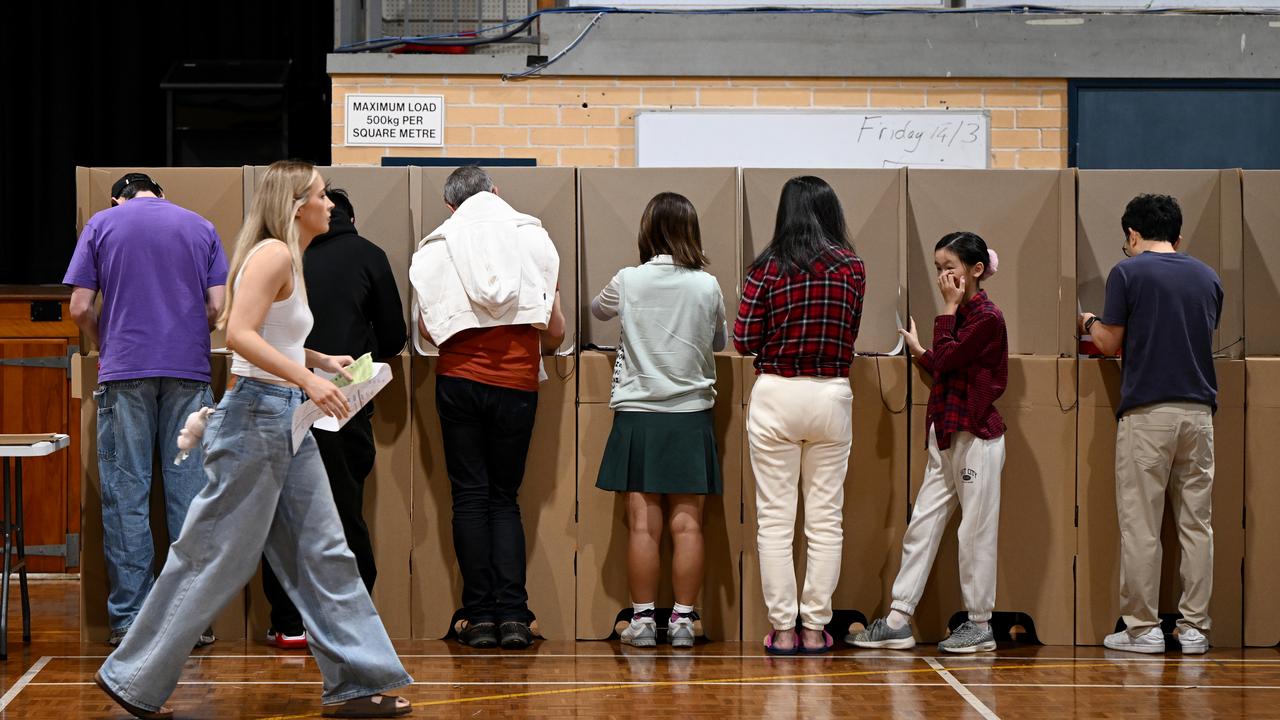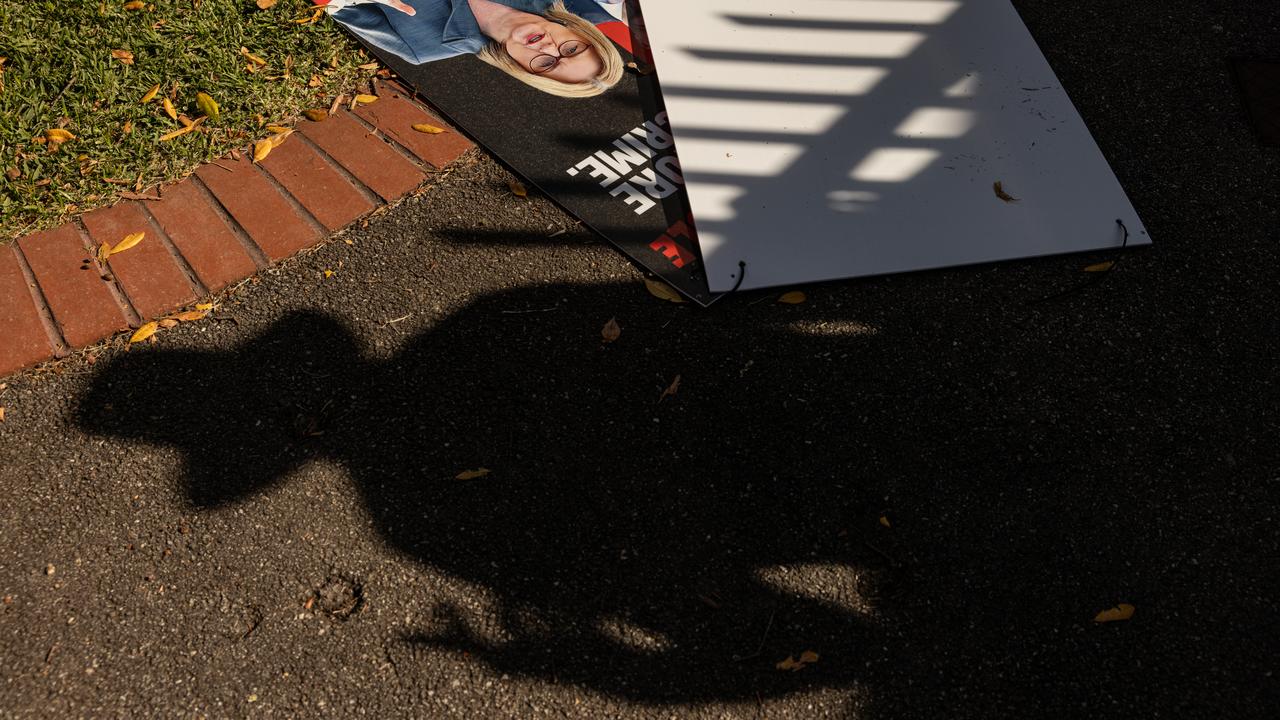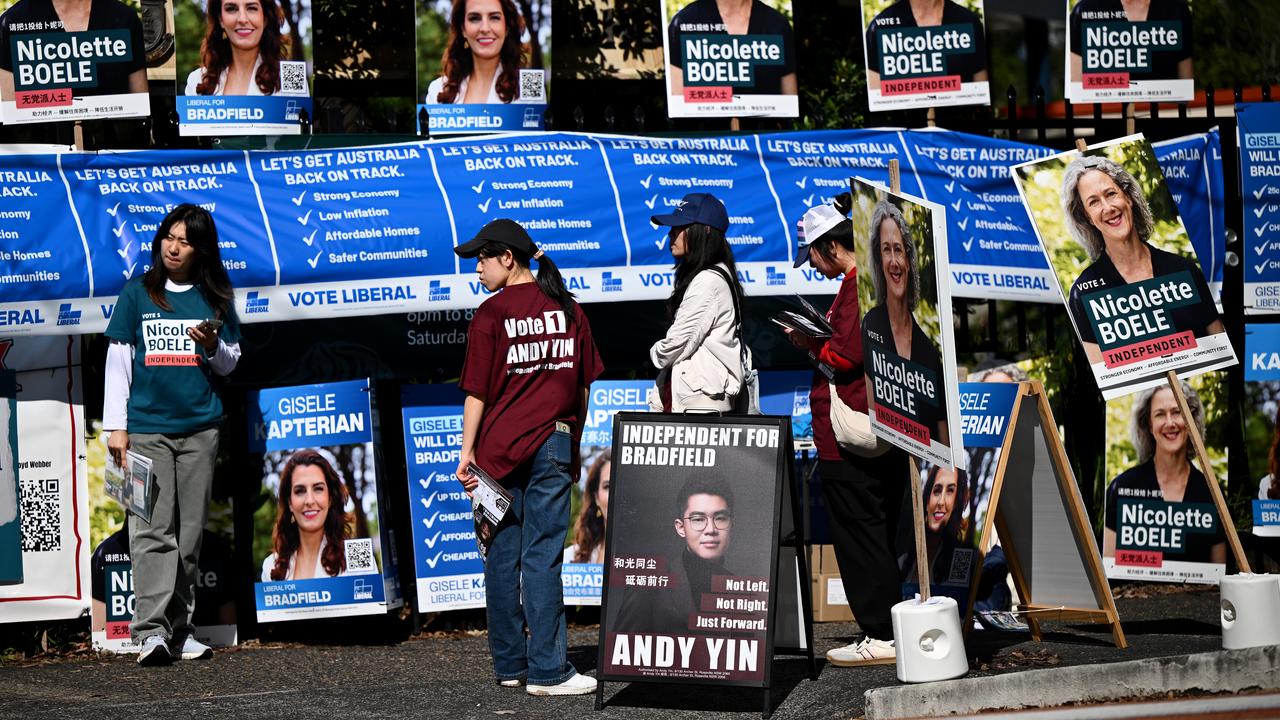
While there was no evidence Australia's federal election was tainted by foreign actors, the ease of spreading disinformation raises concerns about future polls.
No foreign interference was identified during the 2025 election, according to the Electoral Integrity Assurance Taskforce, which is made up of representatives from the electoral commission, law enforcement and government departments.
But advocacy organisation Global Shield Australia has identified risks from artificial intelligence supercharging the spread of misinformation and disinformation to spur public distrust and contention.
A relatively minor input could be enough to "poison" chatbots, with one study showing only 250 documents in a dataset of more than 16 billion parameters were able to influence the outcome of a large language model, director Devon Whittle said.

A language model is software that helps AI systems process instructions and prompts to generate a response.
Russia had seeded Australia-specific content across the internet in an attempt to influence these AI models but it didn't seem to have a direct effect in Australia, Mr Whittle told a parliamentary inquiry into the 2025 federal election on Friday.
"But we can certainly see that this could be an issue in the future around either poisoning these large language models, or more direct campaigns around deepfakes and misinformation on social media and other places," he said.
A deepfake is a digitally altered image, video or audio that superimposes a person's face or voice to make it appear like they did or said something they didn't.

Concerns were also raised about the "offseason" between elections, when foreign actors would try to sow discontent and attack social cohesion by spreading misinformation and disinformation.
This would then ramp up during election campaigns, including with deepfakes.
Mr Whittle pointed to a Romanian election being re-run in 2024 following a Russian influence campaign that utilised deepfakes.
"So you can easily imagine if the electoral system is so undermined by these campaigns, we may have to re-run events," he said.
Other countermeasures include transparency about how high-risk systems operate and having generative images watermarked when they're created and labelled on social media.
"Some of the more responsible AI model developers put in place restrictions on their model, particularly during electoral periods, to prevent the generation of content using political figures or political issues," Mr Whittle added.
Parliamentarians also raised concerns about heightened tensions during May's election campaign, with MPs and volunteers reporting increased hostility at polling booths.

The Australian Electoral Commission said it did not receive reports of people saying they didn't vote because of safety fears.
The Australian Federal Police said there were 15 investigations into potential electoral integrity offences and of those, four resulted in people being charged, mostly in relation to threatening behaviour relating to election processes.
State and territory police handle violence, threats and abuse at polling booths.
Concerning behaviour that involved police callouts was more pronounced in metro areas, especially Sydney and Melbourne, the committee was told.
The AFP has a national security investigation team to prevent, disrupt and dissuade fringe groups whose actions don't meet the threshold for foreign interference or criminal offences but remain a cause for concern.
This included neo-Nazis whose actions didn't hit the threshold for violent behaviour but were enough to make people concerned about their safety and social cohesion.
MPs and volunteers have also raised concerns about the behaviour of the secretive Exclusive Brethren whose members turned up in droves at polling booths to help Liberal candidates.







